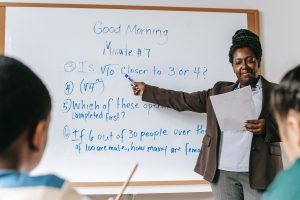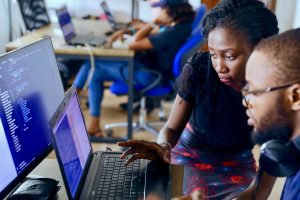The integration of Indigenous Knowledge Systems into formal education has been a groundbreaking discussion in South Africa. On the one hand, there are numerous benefits that could be obtained as part of using IKS in the curriculum; on the other hand, there are also a great many challenges that reveal the underlying systemic gaps in the policy, implementation, and teacher readiness.
IKS is a well of wisdom and practices can offer a more profound background to formal learning. Such a system of knowledge may help gain insights into the idea that there are different worlds to learn about, improve cultural preservation and diversified learning, and enhance the experience of environmental terrorists. Moreover, IKS has the power to help find solutions to current problems such as poverty, inequality, and climate change. However, the benefits of this approach go hand in hand with a chorus of challenges.
The first problem is that there is no comprehensive policy in place. Although the South African Curriculum Assessment Policy Statements CAPS mention the necessity of implementing such an education, there are no precise guidelines on how the process can be accomplished. Thus, a great deal of variation must be observed depending on the schools and the provinces, undermining the stability of the learning process and putting a stop on the incorporation of the IKS in the curriculum. The absence of teachers who understand IKS well enough to teach it in their classes is also a problem. As a result, IKS tends to be slightly aligned at best. For example, the students will be celebrating their culture one day in some situations per year or even less the 2018 survey revealed that teachers were happy to introduce IKS but could not do it because they had no material or administrative support. In the remaining cases they were taught as part of a post or an extension of the culture.
To launch a problematic process such as this, it is essential to devote more time and resources to teacher training and development initiatives. In a broader view, the integration of IKS should be seen as a route to social and cultural regeneration, not merely as a philosophical mission. Overall, if SA does not make the best use of IKS capabilities, it will stick to a chopped and ineffective learning process. To implement such missions, the broadest framework should be evaluated, primarily based on research, as well as the needs of the schoolchildren and cultural specifics. As a mechanism that emphasizes a complete and holistic learning method, the Cape Peninsula University of Technology, IKS approach allows no half-measures. Many efforts should be channeled in improving our teachers’ performance and better preparing them for life. By the effort SA could create a lot more fair, practical, and coherent education system for all those with a keen appreciation of its rich heritage.




